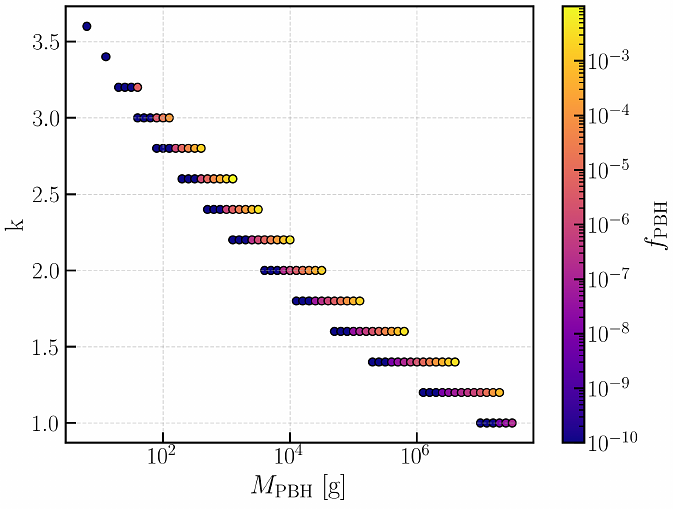A strike of luck: could the KM3-230213A event be caused by an evaporating primordial black hole?

A strike of luck: could the KM3-230213A event be caused by an evaporating primordial black hole?
Andrea Boccia, Fabio Iocco
AbstractWe investigate whether the ultra high energy neutrino inferred by the recent KM3NeT observation could have originated from an evaporating black hole. Given the characteristics of black hole (BH) evaporation mechanism, any object capable of producing particles in the energy range of the detected event (around 100-800 PeV) must have a mass below 10^7 g. No known astrophysical mechanism can generate black holes of such low mass, leaving primordial black holes (PBHs)-potentially formed at the end of cosmic inflation-as the only viable candidates. Black holes with masses below 10^7 g have lifetimes shorter than 10^-5 seconds, meaning PBHs in this mass range should have fully evaporated by now. However, recent studies suggest that quantum effects, collectively referred to as the "memory burden", may slow down black hole evaporation, potentially extending the lifetimes of low-mass PBHs to timescales comparable to or exceeding the Hubble time. We systematically explore the parameter space of memory-burdened PBHs, assuming that they constitute a fraction of the dark matter (f-PBH) within current constraints, and identify viable regions that could explain the KM3-230213A event. We further predict the occurrence rate of similar events and find that KM3NeT's current configuration could test this scenario within a few years.